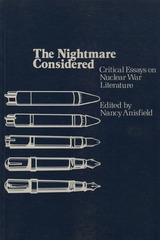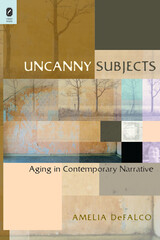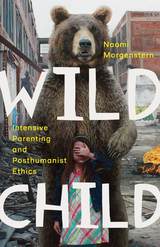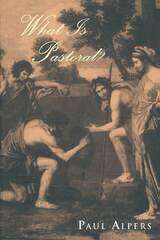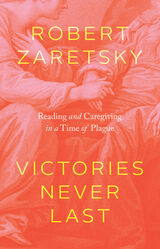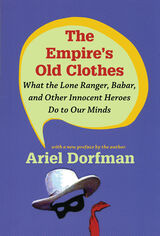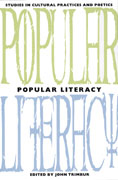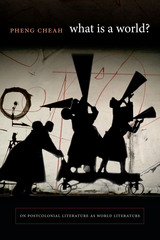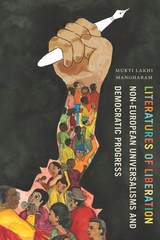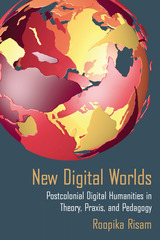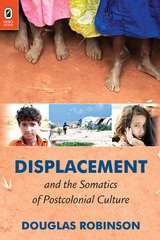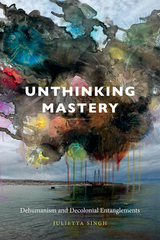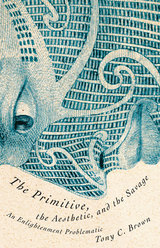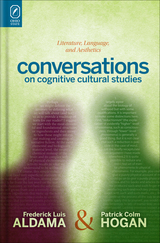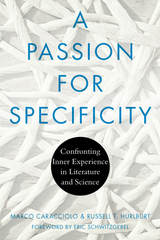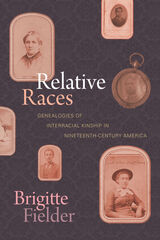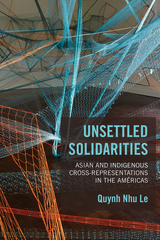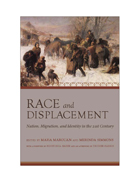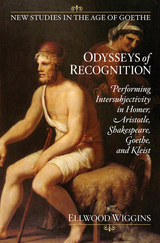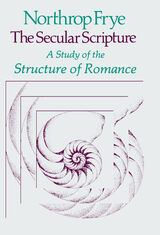Displacement and the Somatics of Postcolonial Culture
The Ohio State University Press, 2013
Paper: 978-0-8142-5414-1 | Cloth: 978-0-8142-1239-4
Library of Congress Classification PN56.P555R63 2013
Dewey Decimal Classification 809.93353
Paper: 978-0-8142-5414-1 | Cloth: 978-0-8142-1239-4
Library of Congress Classification PN56.P555R63 2013
Dewey Decimal Classification 809.93353
ABOUT THIS BOOK | AUTHOR BIOGRAPHY | REVIEWS | TOC
ABOUT THIS BOOK
Displacement and the Somatics of Postcolonial Culture is Douglas Robinson’s study of postcolonial affect—specifically, of the breakdown of the normative (regulatory) circulation of affect in the refugee experience and the colonial encounter, the restructuring of that regulatory circulation in colonization, and the persistence of that restructuring in decolonization and intergenerational trauma. Robinson defines “somatics” as a cultural construction of “reality” and “identity” through the regulatory circulation of evaluative affect.
This book is divided into three essays covering the refugee experience, colonization and decolonization, and intergenerational trauma. Each essay contains a review of empirical studies of its main topic, a study of literary representations of that topic, and a study of postcolonial theoretical spins. The literary representations in the refugee essay are a novel and short story by the Haitian writer Edwidge Danticat; in the colonization essay a short film by Javier Fesser and a novella by Mahasweta Devi (translated by Gayatri Chakravorty Spivak); and in the intergenerational trauma essay novels by James Welch and Toni Morrison and a short story by Percival Everett. The first essay’s theoretical spins include Deleuze and Guattari on nomad thought and Iain Chambers on migrancy; the second’s, Nietzsche’s Genealogy of Morals and theories of postcolonial affect in Bhabha and Spivak; the third’s, work on historical trauma by Cathy Caruth and Dominic LaCapra.
See other books on: Displacement | Displacement (Psychology) in literature | Identity (Philosophical concept) in literature | Identity (Psychology) in literature | Postcolonialism in literature
See other titles from The Ohio State University Press


